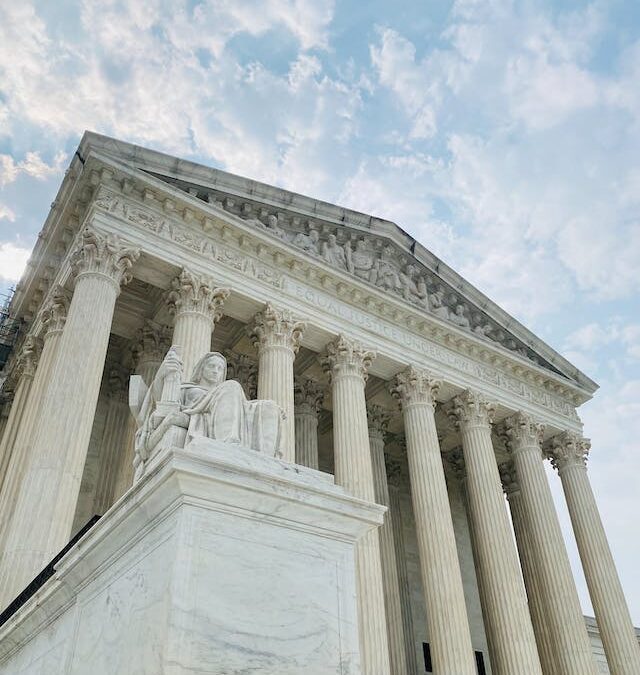In a recent legal development, the U.S. District Court for the Northern District of Alabama addressed a significant constitutional challenge under Article II of the U.S. Constitution in the context of the False Claims Act (FCA) qui tam provisions. This challenge arose in the case of United States ex rel. Wallace v. Exactech Inc., where the defendant, Exactech, moved to dismiss a qui tam suit on the grounds that these provisions violate the Appointments Clause and Take Care Clause of Article II. The District Court rejected this argument, affirming the constitutionality of the FCA’s qui tam provisions.
Key Points Addressed by the Court
The District Court held that qui tam relators are not officers under the Appointments Clause. Their role in FCA litigation is temporary and restricted, with the government retaining rights to intervene and control aspects of the litigation. This arrangement does not grant relators executive power or permanent positions.
The Court addressed the Take Care Clause, distinguishing the FCA from the Ethics and Government Act involved in Morrison v. Olson. It noted that unlike independent counsels, qui tam relators are civil litigants with limited powers and do not possess prosecutorial authority. The executive branch maintains sufficient control over relators to ensure compliance with Article II.
The historical presence of qui tam statutes in the U.S. was recognized by the Court, further supporting the FCA’s constitutionality. Additionally, the Court reaffirmed that relators have Article III standing, as previously established by the Supreme Court.
Implications and Future Outlook
This decision comes in the wake of the Supreme Court’s revival of the question of the FCA’s constitutionality in the United States ex rel. Polansky v. Exec. Health Resources. While this District Court ruling rejects the Article II challenge, the legal landscape suggests that such challenges might continue, potentially leading to a decisive ruling by the Supreme Court. Given the interest expressed by Justices Thomas, Kavanaugh, and Barrett, the likelihood of the Supreme Court addressing this issue in the future remains a significant possibility.


